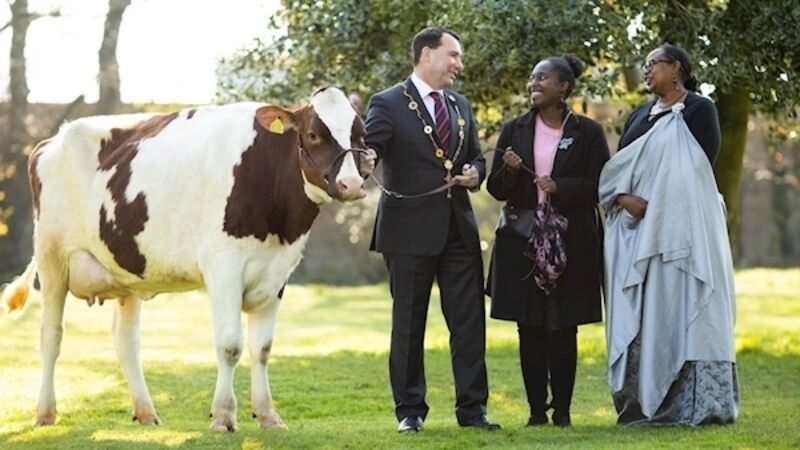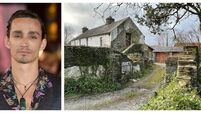'Memories don't fade' - Rwandan genocide survivor who made Ireland home after 100-day war

A Rwandan national whose family was devastated by the 1994 genocide has admitted on its 25th anniversary that not even time can heal the wounds.
Chantal Mutesi came to live in Ireland in search of a better life after the horrific genocide that claimed the life of her husband, four brothers, a sister, her mother and other members of her extended family and friends.













